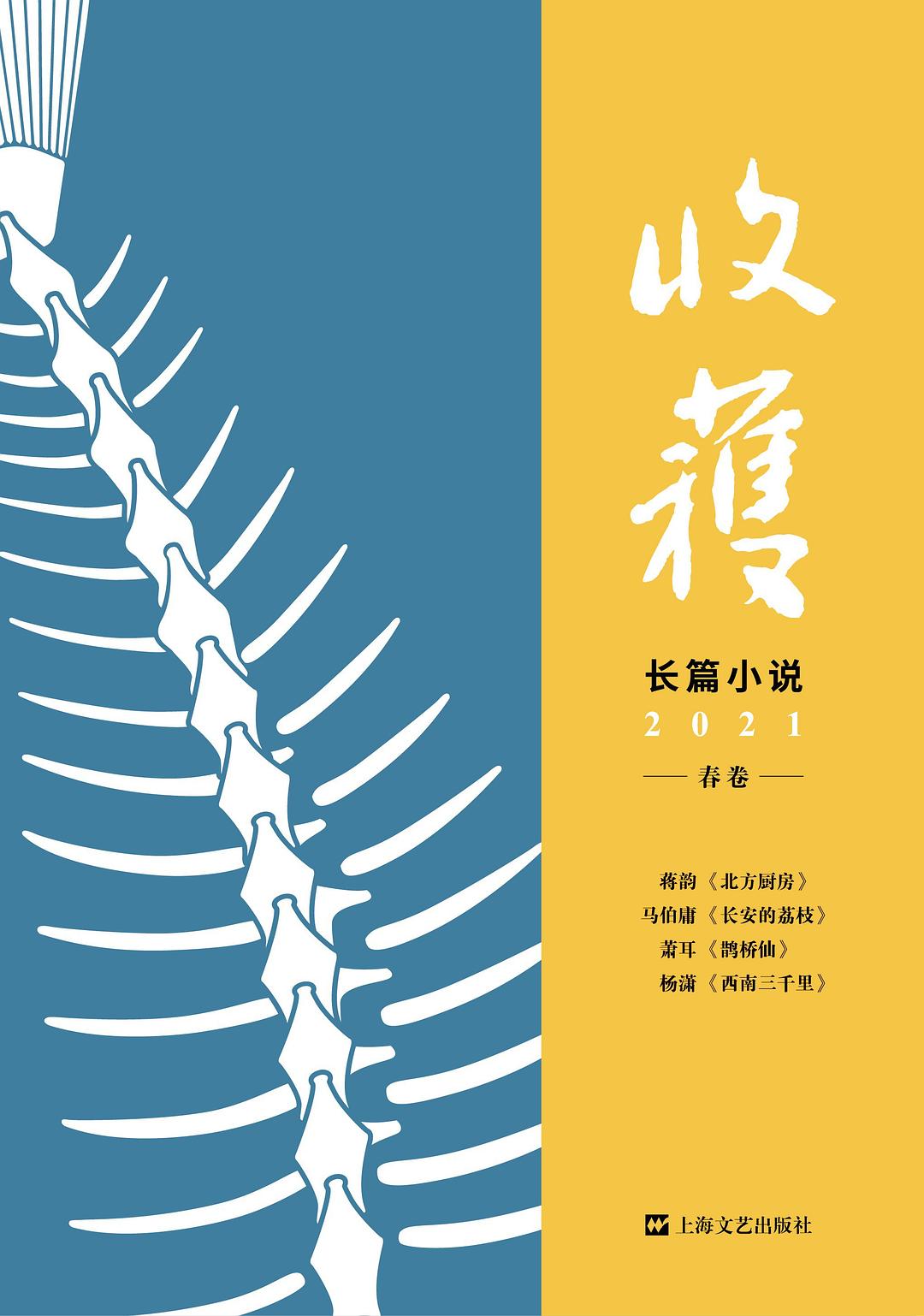WULOLIFE
《收获长篇小说2021春卷》作者: 《收获》文学杂志社编 / 蒋韵 / 王春林 / 马伯庸 / 何平 /萧耳 / 来颖燕 / 杨潇 出版社: 上海文艺出版社
《收获长篇小说2021春卷》作者: 《收获》文学杂志社编 / 蒋韵 / 王春林 / 马伯庸 / 何平 /萧耳 / 来颖燕 / 杨潇 出版社: 上海文艺出版社
Couldn't load pickup availability
Description
内容简介 · · · · · ·
非虚构
北方厨房——一个家庭的烹饪史(蒋韵)
世界著名美食哲学家布里亚·萨瓦兰说:“告诉我"
作家蒋韵精细描摹了一部类似编年史的北方家庭的烹饪史,一样一样食物的烹制,背后是一段又一段饱蘸情感的记忆。作品主要划分为奶奶、母亲以及蒋韵自己主厨的三个时期,物质匮乏年代,坚韧的奶奶主理厨房,一个大母亲主厨时期适逢拨乱反正时代,每逢周末的热闹聚餐,吃下的是美食,真正分享的是那个时代给予人们的精神养分;蒋韵主厨则从文学的黄金时代开始……这是一部蒋韵的家族寻根史,个人成长史,同时也是一个社会的物质史,那些食物牵引出的个人命运与创痛的记忆,已经超越了食物本身,而呈现出人性与哲学思考的深度。
长篇小说
长安的荔枝(马伯庸)
接到一个任务要在贵妃诞日之前,从岭南运来新鲜荔枝。荔枝“一日色变,二日香变,三日味变”,而岭南距长安五千余里,山水迢迢,这是个不可能完成的任务,李善李善德靠着精密计算和反复试验,确定了保存方法和转运路线,将时长控制在十一天,运鲜荔枝之事终得落实。万事俱备,李善德却没料到,横亘在他面前的最后一座大山,是官场。
李善德还是运来了鲜荔枝,为此,他失去了朋友,又险些丢掉性命,却始终没有失去为人为官的本心。官场诡谲,而初心未改,反使得他最终在乱世中得以保全。
长篇小说
鹊桥仙(萧耳)
这是一部书写江南小镇的性灵之作。一九八一年高考前的盛夏,栖镇少年们从此开始了半生戏梦。Chinese:台。一场场婚礼与葬礼,一次次盛宴袭来,聚散离合间,到底是,意难平。丝丝入扣的江南调性。
非虚构
重走湘黔滇旅行团一九三八年之路(杨潇)
抗日战争爆发后,北京大学、清华大学、南开大学三校迁到长沙,成立了长沙临时大学。1938年2月,国立长沙临时大学湘黔滇旅行团开始西迁之路,闻一多、黄钰生、袁复礼、李继侗、曾昭抡、穆旦、杨式德、任继愈、刘兆吉、林振述等师生300余人,历时68天横越中国西南腹地三千余里,抵达昆明。
2018, 80 years, 80 years, 80 years, 80 years, 80 years主,辅以乡村中巴、绿皮火车和顺风车,用40天时间重走了这条西迁之路。他凭依着散落于档案、口述、地方文史和民国报刊中的相关史料,实地探访在公路、河流和驿道上高张的勇气与壮丽。他发起了对当事人及后代的采访,试图还原一个一个的青年人在时代洪流中如何作出选择。历史与现实交织、互文、碰Note:
作者简介 · · · · · ·
蒋韵
1954开》《行走的年代》《你好,安娜》等,中短篇小说集《心爱的树》《完美的旅行》《水岸云庐》《想象一个歌手》等。曾获“鲁迅文学奖”“老舍文学奖”“郁达夫小说奖中篇大奖”“小说月报百花奖”等奖项,亦有作品被译为英、法、西班牙语和韩语等文字。现居北京。
马伯庸
作家,人民文学奖、朱自清散文奖得主。被评为沿袭“'五四'以来历史文学创作的谱系”,致力于对“历史可能性小说”的探索。代表作:《显微镜下的大明》《长安十二时辰》《古董局中局》《三国机密》《风起陇西》《草原动物园》等。
萧耳
作家,资深媒体人,高级记者,在《收获》《钟山》《上海文学》《大家》等文学刊物上发表中、短篇小说多种。出版长篇小说《中产阶级看月亮》《继续向左》,文化随笔《樱花乱》《锦灰堆美人计》《小酒馆之歌》《女艺术家镜像》《第二性元素》等。
杨潇
记者、非虚构作家。80后,湖南人,厂矿子弟,背包客。热爱《纽约客》和《国家地理》杂志,尝试一种融合时事、思想和人文地理的叙事文体。作品两次获得南方周末年度传媒致敬,三次获腾讯华语传媒年度盛典单项奖(含特稿写作奖)。出版个人作品集《子弟》。
